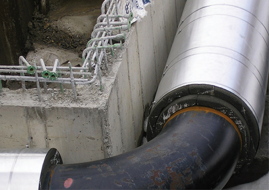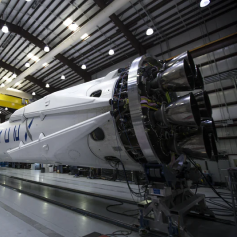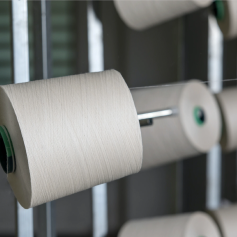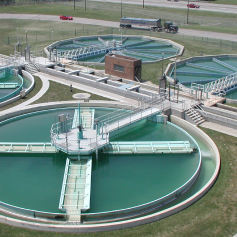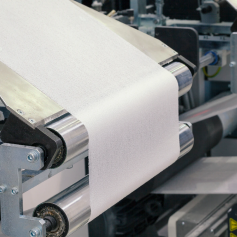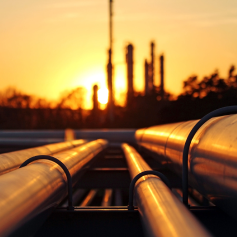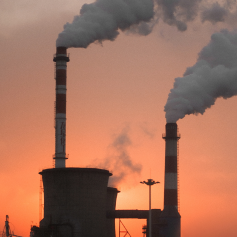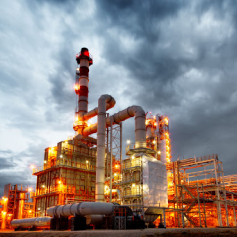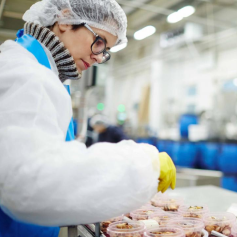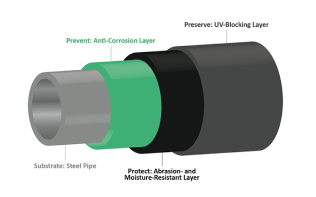Background and state-of-the-art
Despite the climate change denial the global climatic data evidence a fast warming of the planet. Efficient use of energy and raw materials at all stages is the key for decreasing the CO2 emissions and combat the rising temperatures.1 45–50 % of the total EU energy consumption is related to buildings. Decarbonisation of building sector can be achieved by improving the thermal insulation materials and energy efficiency of their production. New materials2 with outstanding insulation properties appearing in SotA lack mechanical performance, energy and resource efficiency and/or production feasibility. Our research will focus on improvement of the properties and preparation processes of conventional materials as well as development of new hybrid processes and composites. The target is to develop materials and processes with good production feasibility within a short timeframe for which we will collaborate with industrial partners.
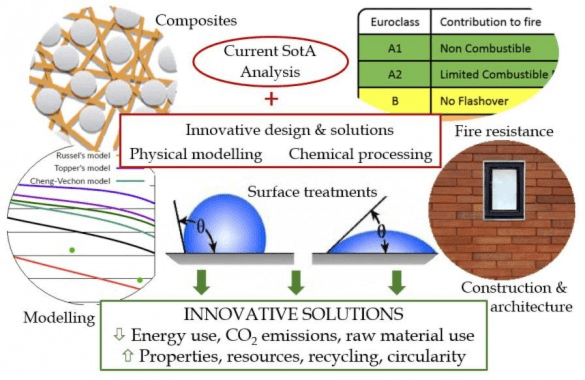
Objectives, originality and impact on new research approaches
Objective of the research is to improve properties and/or production processes of the thermal insulation materials in order to contribute to efficient energy use, decarbonisation and circular economy. In the field of foam glass our unique approach is to study foaming mechanisms, a complex compilation of reactions occurring during foaming that change the physical and chemical properties of the material during the foaming process.3,4 This knowledge will be used to identify the possibilities to improve the properties and/or design new preparation processes with better energy efficiency and circularity (e.g., recycling of various waste materials, foaming in air atmosphere). We will develop mineral wool composites that have improved insulation properties (by 20%) and equivalent mechanical properties to current materials.5 No such products currently exist and the new technology will be fully compatible with conventional industrial production. The improvements will be predicted using physical modelling and enabled through development of suitable chemical processing (interdisciplinary research). For expanded polystyrene (EPS) we will develop new recycling path through development of new fire-resistant EPS with advanced combination of non-toxic fire retardants and structure enabling superior fire resistance. Moreover, we will contribute to development of new construction solutions that incorporate improved insulation materials, new materials for specific applications enabling prolonged lifespan and new low temperature processing for clay as one of key construction material. The materials we develop are in major part recyclable and the processes enable green large-scale production.
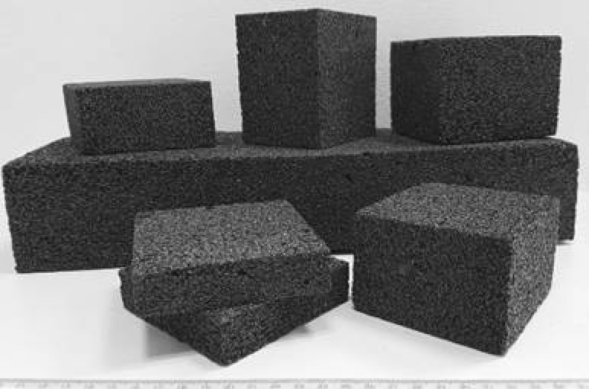
Unique methodology
Our unique methodology is based on the SotA analytical techniques which we use to analyse the underlying reactions and mechanisms. This knowledge enables us to identify key aspects in order to enable improvement of the processing and properties of the materials.











